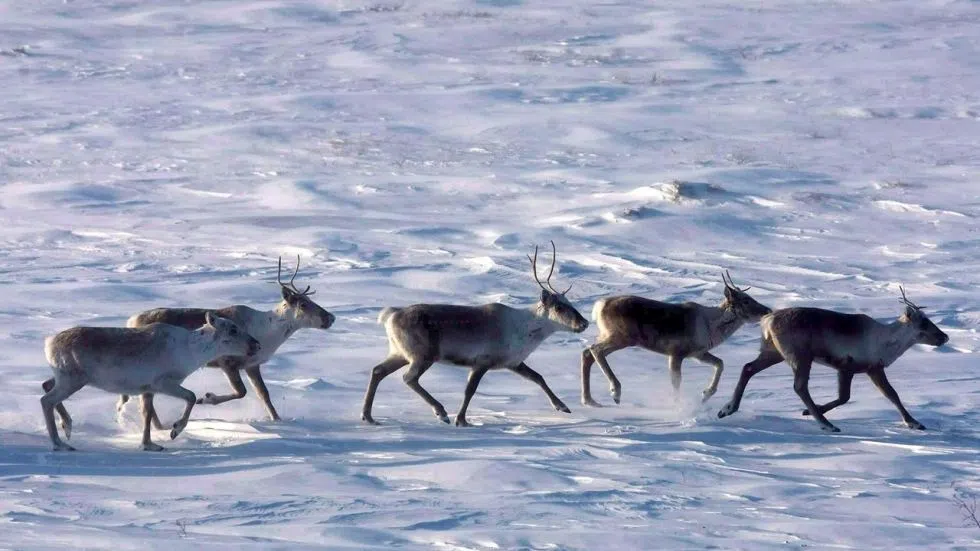
Barren-ground caribou decision will take time
Earlier this month the federal government announced they would be conducting consultations through Northern Saskatchewan ahead of potentially changing the status of barren-ground caribou to “threatened.”
According to Keri McFarlane, a wildlife biologist with Environment and Climate Change Canada was part of the team who spoke with residents of Northern Saskatchewan, the process is in the preliminary stages.
“This is just a proposal; we’re just consulting with communities on what their thoughts are regarding this listing,” McFarlane said, adding they wanted to hear what the possible impacts may be, what the benefits of changing the status could be, or any other information which may be important before changing the status of barren-ground caribou formally.
She said community consultations are one step in the process of potentially changing the animal’s status.


